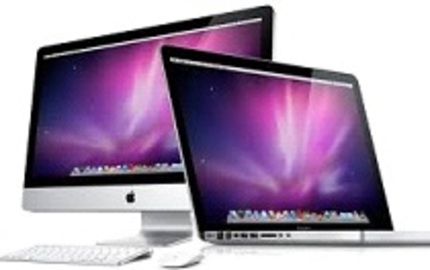Introduction

The laptop and desktop pc debate is the argument in every computer buyers mind. Laptops are the new must-have technological accessory but like most new things they come with a hefty price tag. Desktops though are considered old-fashioned but the upside to them is that they are not as pricy as their more portable counterparts. The main difference between laptop, desktop pc versions is that one is portable while the other is not. In other aspects there is a lot of similarity. Both computers have their pros and cons.
History
The idea for laptops existed as early as 1979. This is about the same time commercial desktops were being made popular and just a couple of years prior to the release of Apple’s Macintosh which was the first commercially successful desktop. The first laptop was invented in 1979 by a British citizen, William Moggridge, for Grid Systems Corporation, the Grid Compass was a one fifth of the weight of any model equal in performance and was used by NASA on its space shuttles in the early 1980's. However, most historians consider Adam Osborne to be the inventor of the first portable computer, he invented the Osborne 1. Laptops were made more popular during the 2000s even though there had been models by IBM and the likes during the 1990s as well. The era of the 2000s was the one during which the laptop, desktop pc debate was sparked.
Features
Now some of the core differences between the laptop, desktop pc versions are as follows, however which suits your needs the best is a different story. In terms of speed both laptop, desktop pc versions are quite similar. Even though laptops previously had lesser speeds now the two are quite evenly matched. The only area where speed can be an issue is gaming, in this area the desktop pc is said to be better. Even though there are gaming laptops available they are less powerful than desktops. The key specs which are to be kept in mind while buying a pc are RAM, CPU, graphics adaptor and hard drive. The CPU is often the same between the two but laptops typically have slightly less powerful specs than desktops. Screen size is also an issue; laptops come with a fixed screen, 10, 12, 13, 14 or 15 inches, but you can always upgrade your desktop with a larger screen if you desire. The CD/DVD burning capacities are nearly the same because both laptops and desktops come with a built-in burner. They both also come with pre-installed software like the Windows; other applications too maybe included e.g. software for burning disks.
Tips and comments
Determining which personal computer type is better for you depend on your requirements. Though there are a lot of similarities between laptop and desktop pc versions the most decisive issue is whether you need a computer that is portable or not. If you need a computer you need to use while traveling and one which has a supply of backup battery then go for a laptop. If you just need a powerful computer with lots of storage space and good for gaming get a desktop. It is also cheaper.